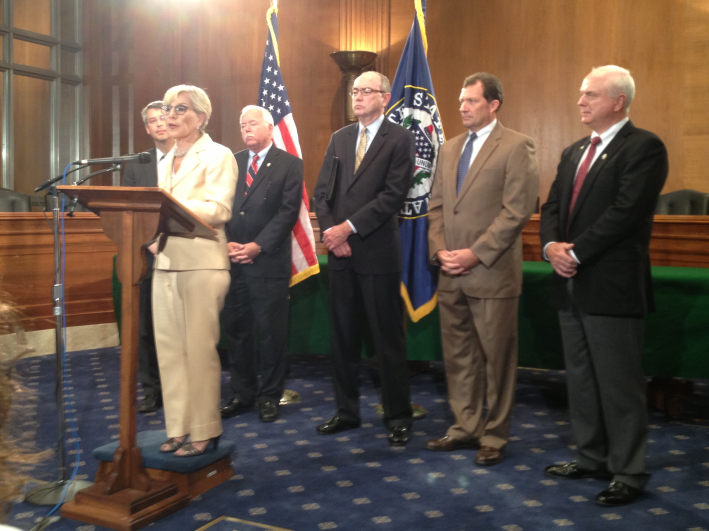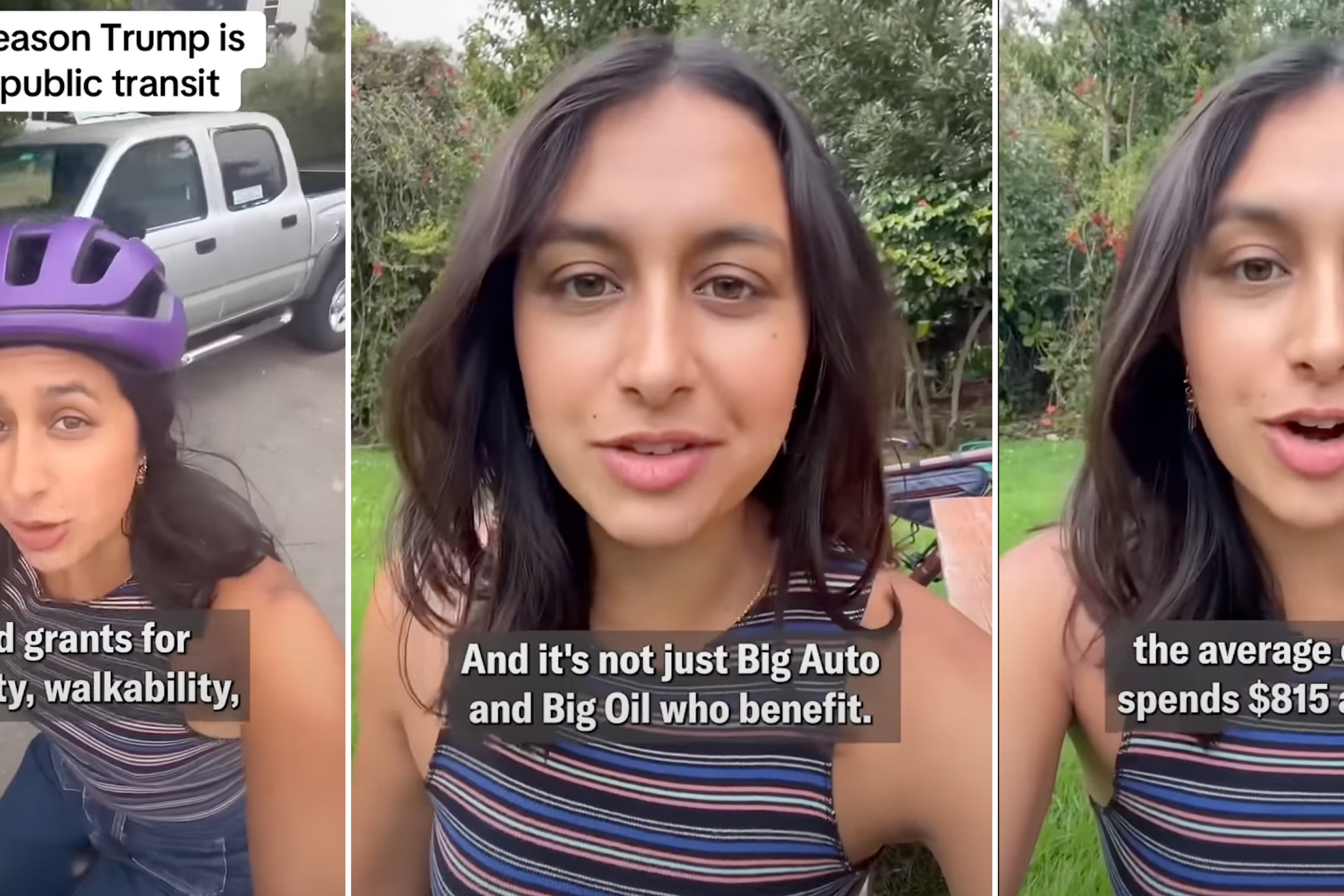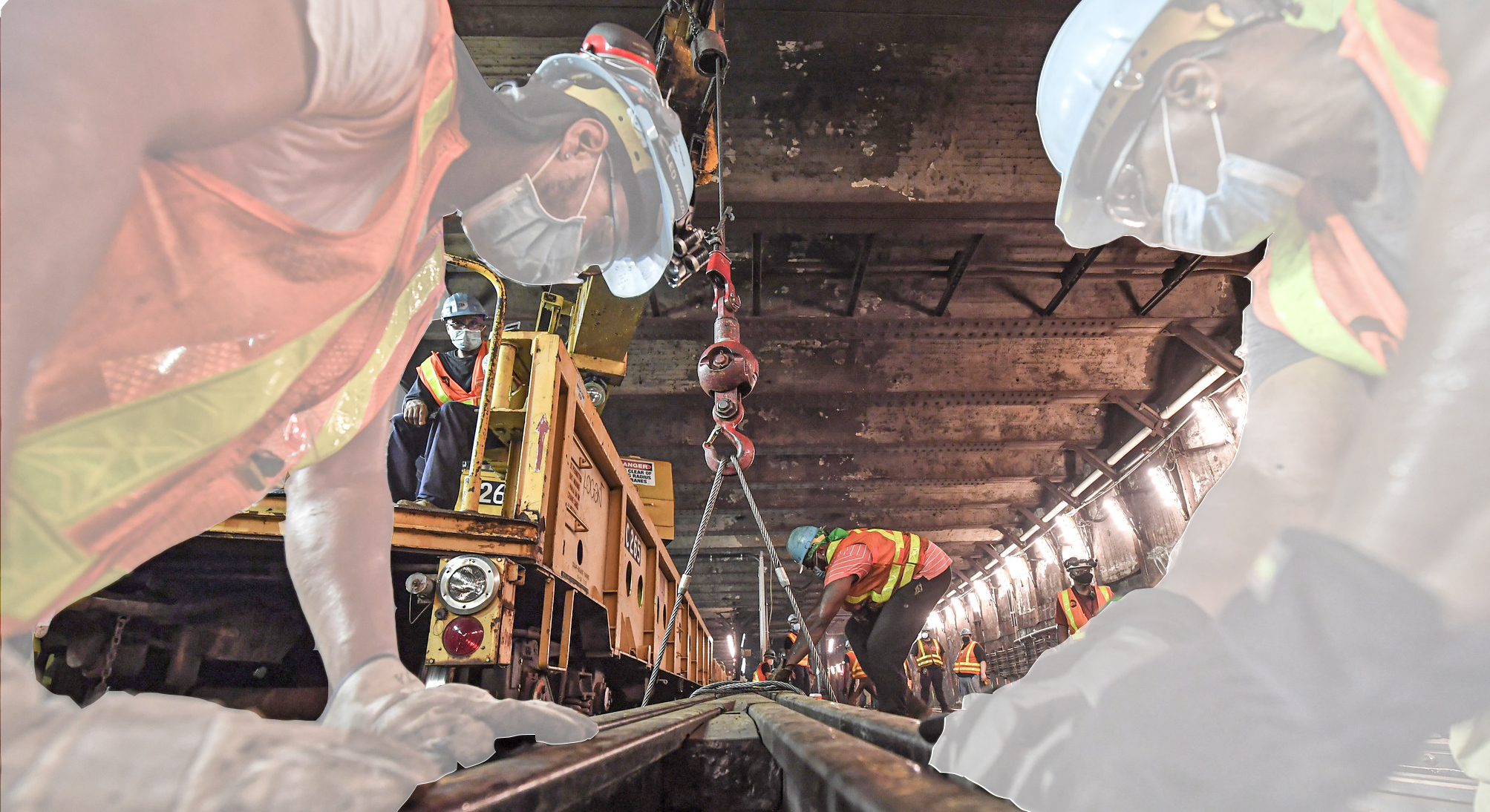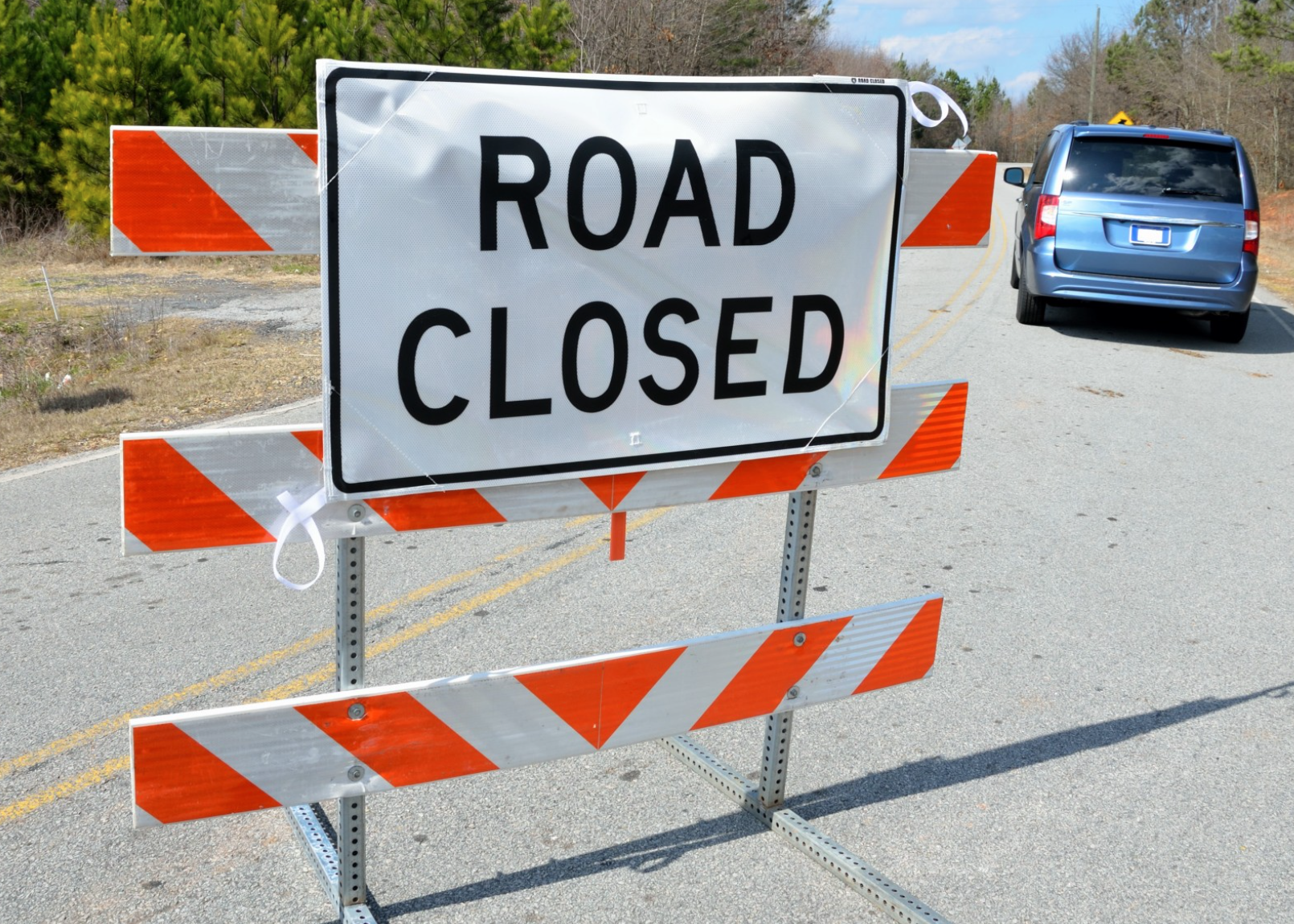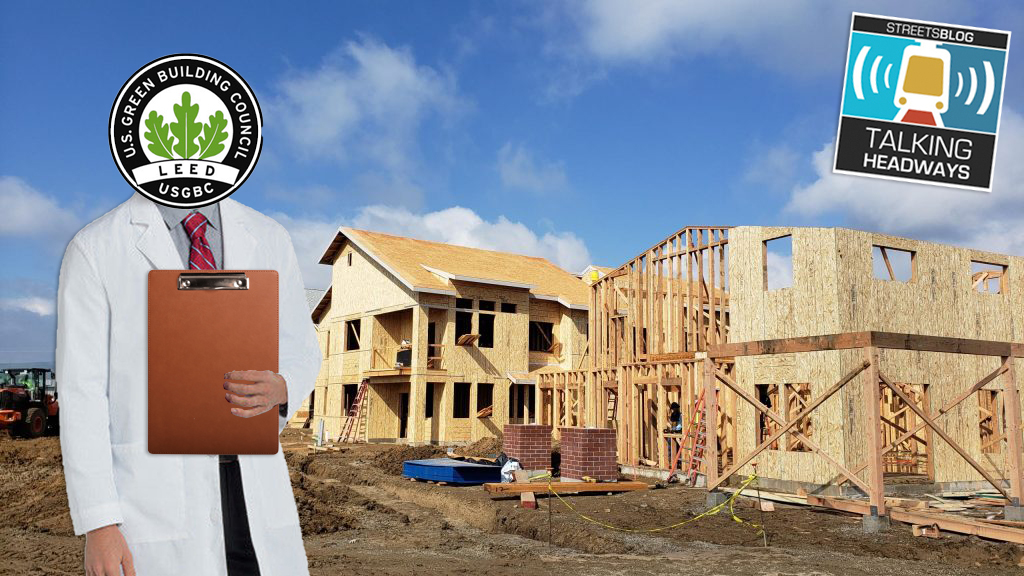Senator Barbara Boxer brought together transportation industry representatives this morning to highlight the damage that would be done to the economy if Congress doesn’t come up with a solution to the impending insolvency of the Highway Trust Fund. New CBO estimates, released this week [PDF], project that the fund will be zeroed out by the time MAP-21 expires at the end of Fiscal Year 2014. Boxer says she doesn't intend to wait until the last minute to act.
While members of Congress are beginning to accept the need for additional revenues, very few are willing to get behind any one solution. Boxer herself wasn’t willing to support any particular option. And that’s been the problem: No one wants to be first.
Boxer said there are “dozens of options,” and while there might be a few she particularly favors, they’re all on the table. She said she didn’t want to “get out in front” of her colleagues on the committee on this issue.
She also indicated that Sen. Max Baucus of the Finance Committee and Rep. Dave Camp of the Ways and Means Committee were working hard on tax reform, and they’re committed to including a fix for the trust fund. “This committee doesn’t put in place user fees,” she explained, but also said EPW wasn’t just going to leave the conversation up to others. The committee is planning to hold a hearing on the issue in September, and Boxer is hoping they can start getting specific about the various options.
Boxer emphasized that she does believe in user fees, not general fund transfers, and that while she’s a “strong supporter” of a vehicle-miles-traveled fee, she doesn’t think her colleagues are. She also said she would only support a VMT fee if it was on the honor system and didn’t involve a “black box” tracker in the car. She is “unalterably opposed” to that. She alluded to “our proposal,” which involves doing away with the gas tax, but it’s unclear what proposal she’s referring to.
She said a move away from the gas tax would be fairer, since people like her, who drive electric vehicles, don’t pay anything. If everybody were paying in, she said, some people could end up paying less than they do now at the pump. (Her math doesn't compute, though: Hybrid cars represent only 3 percent of the U.S. market, and electrics are still barely a blip. Additional income from those drivers won't come anywhere close to equalling a 10-cent-per-gallon increase in the gas tax across the board, which the CBO says would be needed to cover the shortfall in 2015.)
Still, that's one of Boxer's answers to concerns, like those raised at Tuesday’s House hearing on the subject, that struggling families can’t cope with higher gas taxes. Her other answer is simply that if the economy hemorrhages nearly three million jobs, working families will suffer a lot more than if they were simply asked to pay an extra 10 cents a gallon. Such an increase would cost the average driver about $60 more a year.
Boxer said she also supports the president’s plan to pay for transportation using the savings from the drawdown of the wars in Iraq and Afghanistan, but explained that she’s looking for ways to make the Highway Trust Fund sustainable over the long term.
She wants to take the Highway trust Fund away from the “day-to-day battles over the budget.” As the ongoing drama over transportation appropriations in the Senate proves, the “budget wars” are doing no favors to anyone in the transportation sector.
One remark Boxer made was troubling, though: “We struggled through MAP-21 because we really did reach bipartisan compromises on all kinds of reforms,” she said. “So that part is behind us. At least we don’t have that problem.”
Advocates for safer, greener, more efficient transportation would like to see many more reforms before they would say the problems with current federal policy are solved. Before they consider the job done, advocates would like to see far more potent performance measures than the ones in MAP-21, more emphasis on repair and maintenance, a better deal for sustainable modes, permanent authorization of the TIGER grant program and the Partnership for Sustainable Communities, a more equitable system of funds distribution, and a rollback of some of MAP-21’s overzealous “streamlining” that “steamrolls” environmental and community concerns.
With any luck, the next reauthorization cycle won’t be only about dollars and cents -- it can also be a visionary debate over the future of the U.S. transportation system. While the construction honchos and engineers assembled by Sen. Boxer today are mostly concerned about construction and manufacturing jobs, policy changes should be geared first and foremost toward creating a better transportation network for everyone.
